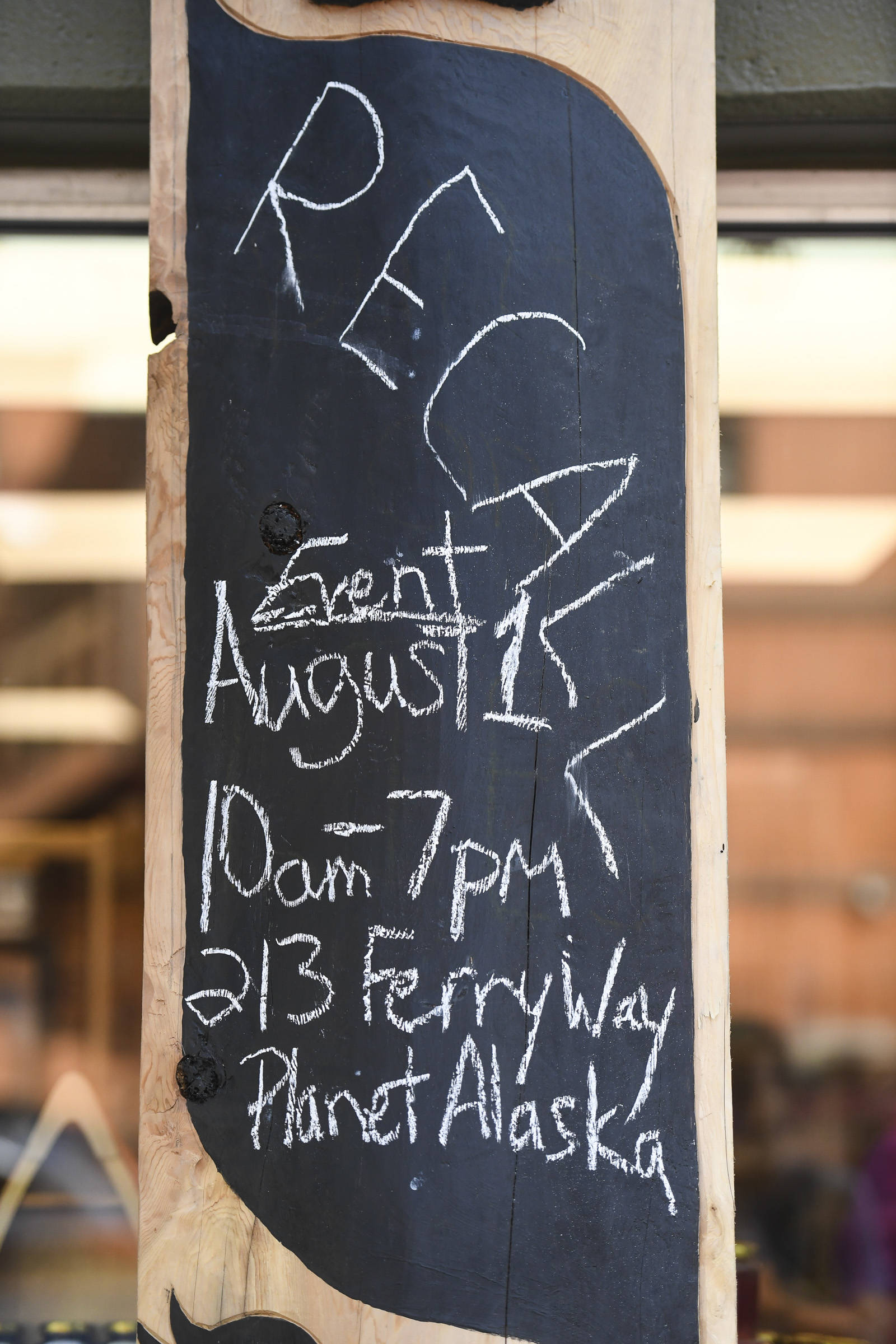JUNEAU — A group that includes a coal company chairman and a framer of Alaska’s constitution is launching an effort aimed at recalling Republican Gov. Mike Dunleavy, weeks after his far-reaching budget vetoes prompted public outrage.
In late June, Dunleavy announced vetoes of more than $400 million, affecting health and social service and other programs and prompting the university system to begin making plans for a transition to a single institution.
Lawmakers, unable to muster sufficient votes to override the vetoes amid a dispute over the special session’s proper meeting location, this week passed legislation restoring many of the cuts, including $110 million of the $130 million Dunleavy vetoed for the university. He still can cut any spending with which he doesn’t agree.
“People from all regions of Alaska have had enough,” Joseph Usibelli and Peggy Shumaker, his wife, said in an opinion piece published by Alaska newspapers.
The so-called Recall Dunleavy group lists Usibelli; Arliss Sturgulewski, a former Republican lawmaker; and Vic Fischer, the last-living surviving delegate to the Alaska Constitutional Convention, as co-chairs. Scott Kendall, who was a chief of staff to Dunleavy’s predecessor, independent Bill Walker, said he provided legal counsel and other advice to the group. Kendall said supporters must clear a high bar but said it’s not impossible.
Kendall was involved with Republican U.S. Sen. Lisa Murkowski’s successful 2010 write-in campaign, after her primary loss to Tea Party favorite Joe Miller. Kendall likened what’s happening now to then, when he said “we were faced with a really stark ideology, and Alaskans kind of rose up and did something people said was impossible.”
Usibelli is chairman of the board of Usibelli Coal Mine and a prominent supporter of the University of Alaska Fairbanks. He said Wednesday that he voted for Dunleavy but has been disappointed in his actions.
Shumaker, a former Alaska State Writer Laureate, said Dunleavy has destabilized much of the economy.
Dunleavy, who was elected last year, recently said he did not think his vetoes were too aggressive. He said the state needs to resolve its longstanding budget deficit. Alaska has no statewide sales or personal income tax, and no state-level taxes were seriously considered this year. Walker unsuccessfully pushed new or higher taxes as part of a fiscal plan during his term.
The state, long reliant on oil, last year began using earnings from its oil-wealth fund, the Alaska Permanent Fund, to help pay for government costs. That has caused tension with — and fierce debate over — the annual check traditionally paid to residents with fund earnings. Dunleavy has insisted on a full payout in line with a longstanding calculation that hasn’t been followed the last three years and that critics deem unsustainable. Such a check would be around $3,000.
He said his position has been to follow the law until the law is changed. Lawmakers have passed for Dunleavy’s consideration a dividend of about $1,600 this year. Legislative leaders also have expressed interest in another special session this year to discuss future use of earnings and potential changes to the dividend program.
Grounds for recall in Alaska, according to the state elections office, are lack of fitness, incompetence, neglect of duties or corruption.
The recall group cites Dunleavy’s failure to appoint a judge within a statutory time frame and alleges misuse of state funds for online ads and mailers to promote Dunleavy’s agenda. It also cites use of Dunleavy’s veto authority to cut money for the courts following an abortion decision with which he didn’t agree and claims Dunleavy’s vetoes precluded the Legislature from upholding its responsibilities for education and public health and welfare.
Dunleavy spokesman Matt Shuckerow said the governor’s office has spent about $35,000 on printed and Facebook communications, with the bulk of that money used for messaging on the social media site. He said the office has received guidance from the Department of Law that such communications are permitted.
He did not immediately respond to a request for comment on the recall effort.
The group will need to gather 28,501 signatures, Division of Elections Director Gail Fenumiai said by email. If the application is certified, it would trigger another signature-gathering phase, with supporters needing to get 71,252 signatures in a bid to try to put the issue to voters.
Stephen Haycox, a professor emeritus at the University of Alaska Anchorage and a longtime political observer, said people are leery of recalls and he thinks there are many people willing to go along with Dunleavy’s cuts to get a full dividend.
The National Conference of State Legislatures says there have been many attempts to recall governors across the country but few have triggered recall elections. Wisconsin Gov. Scott Walker survived a recall vote in 2012.
Efforts to gather signatures for the recall effort will take place at Salmonfest in Ninilchik, according to a Monday press release. Other recall events are scheduled for Anchorage, Bethel, Cordova, Fairbanks, Haines, Igiugig, Juneau, Ketchikan, Kodiak, Mat-Su, Sitka, Unalaska, Valdez and Yakutat.

